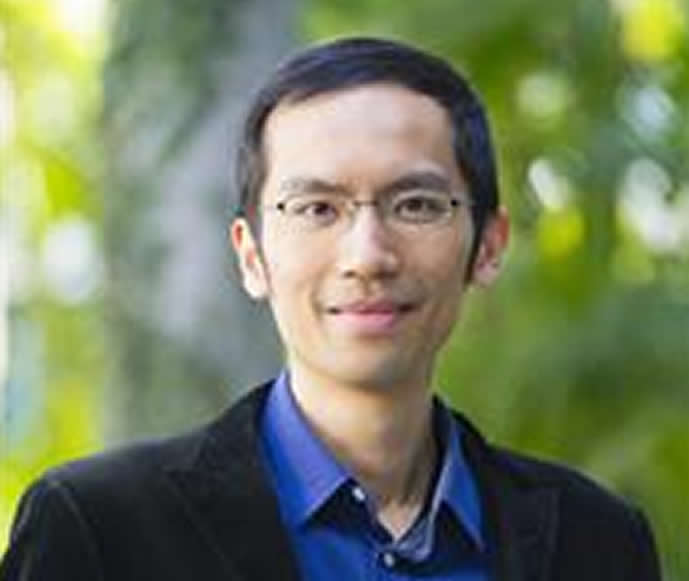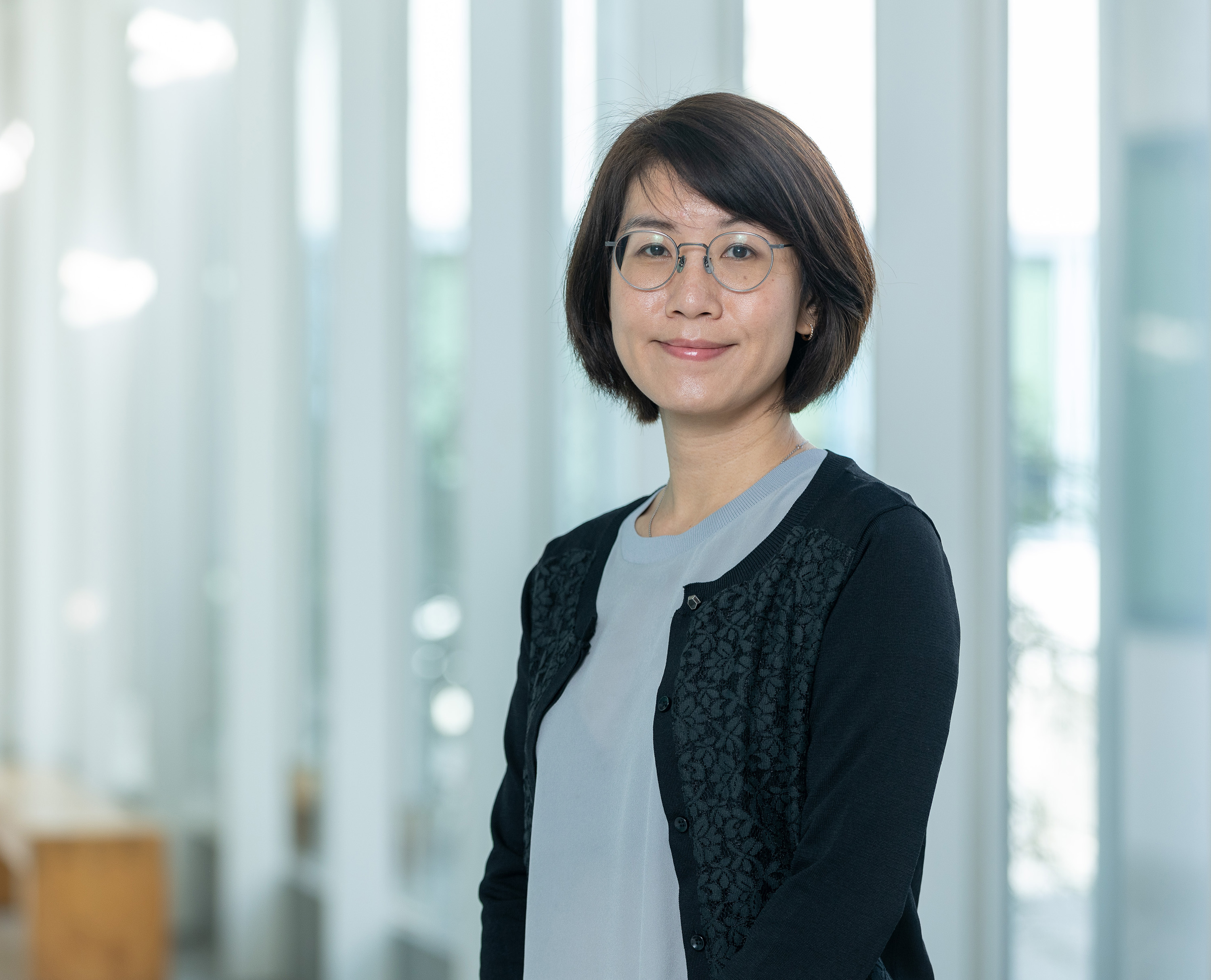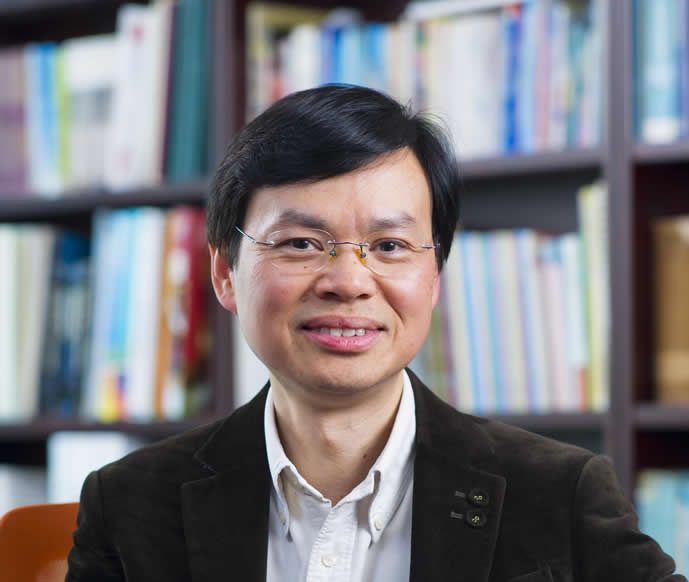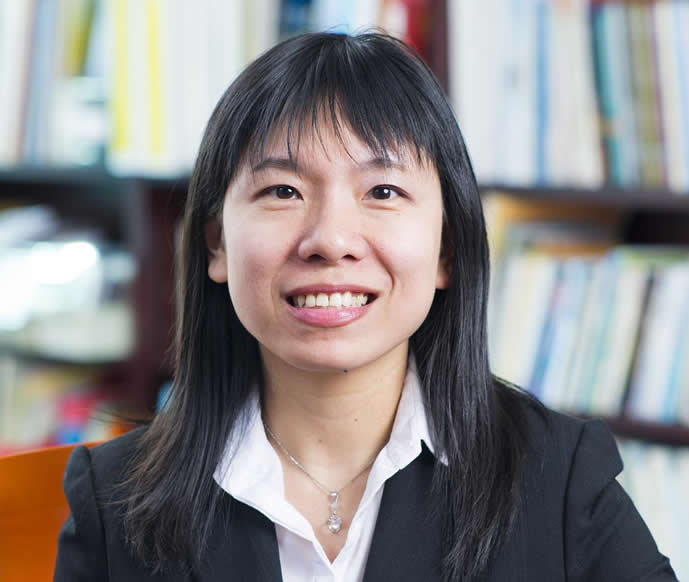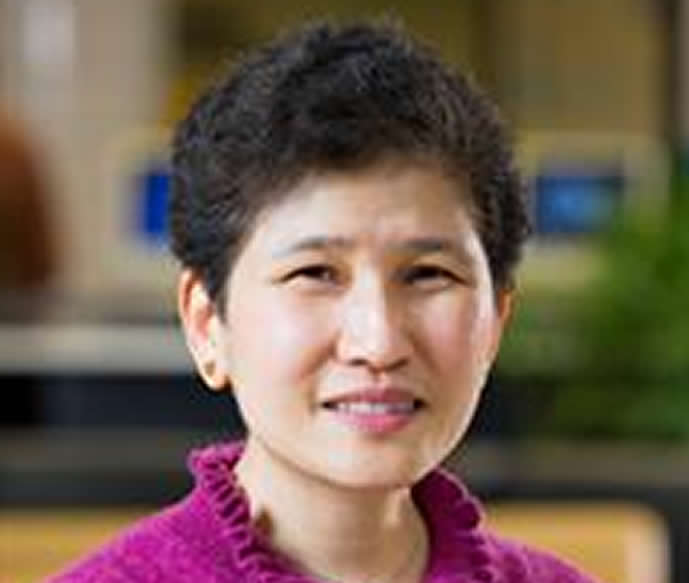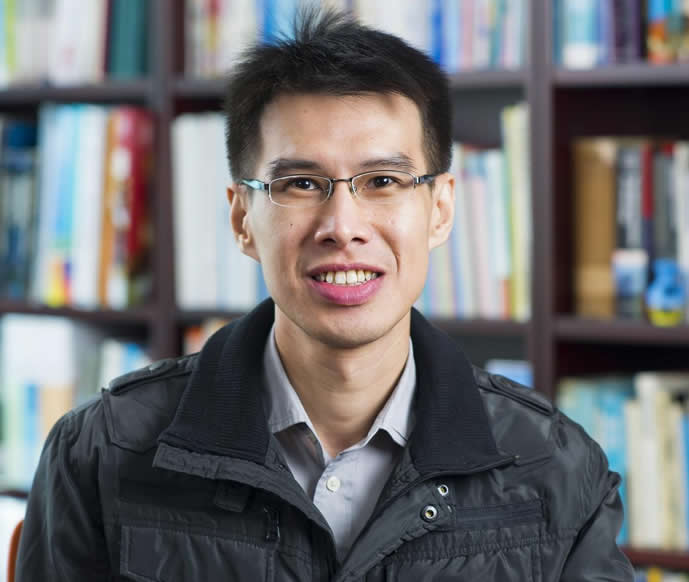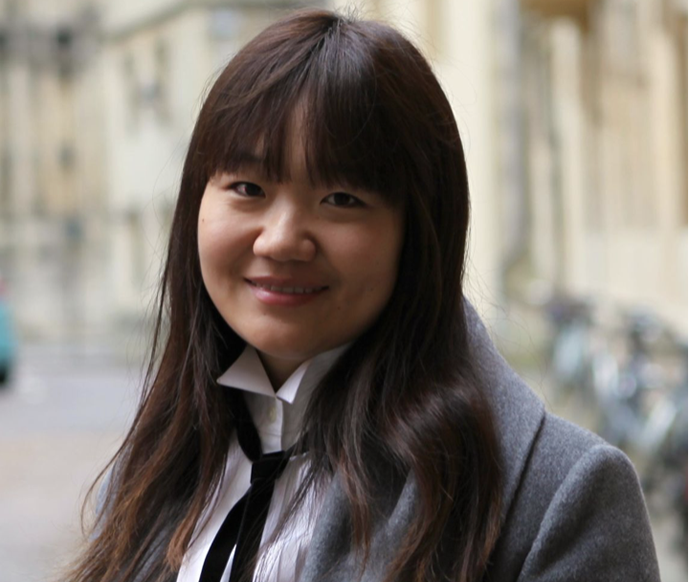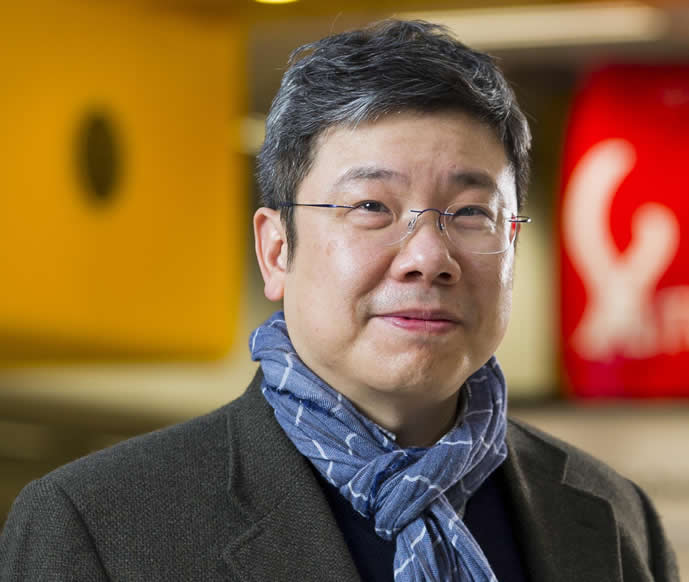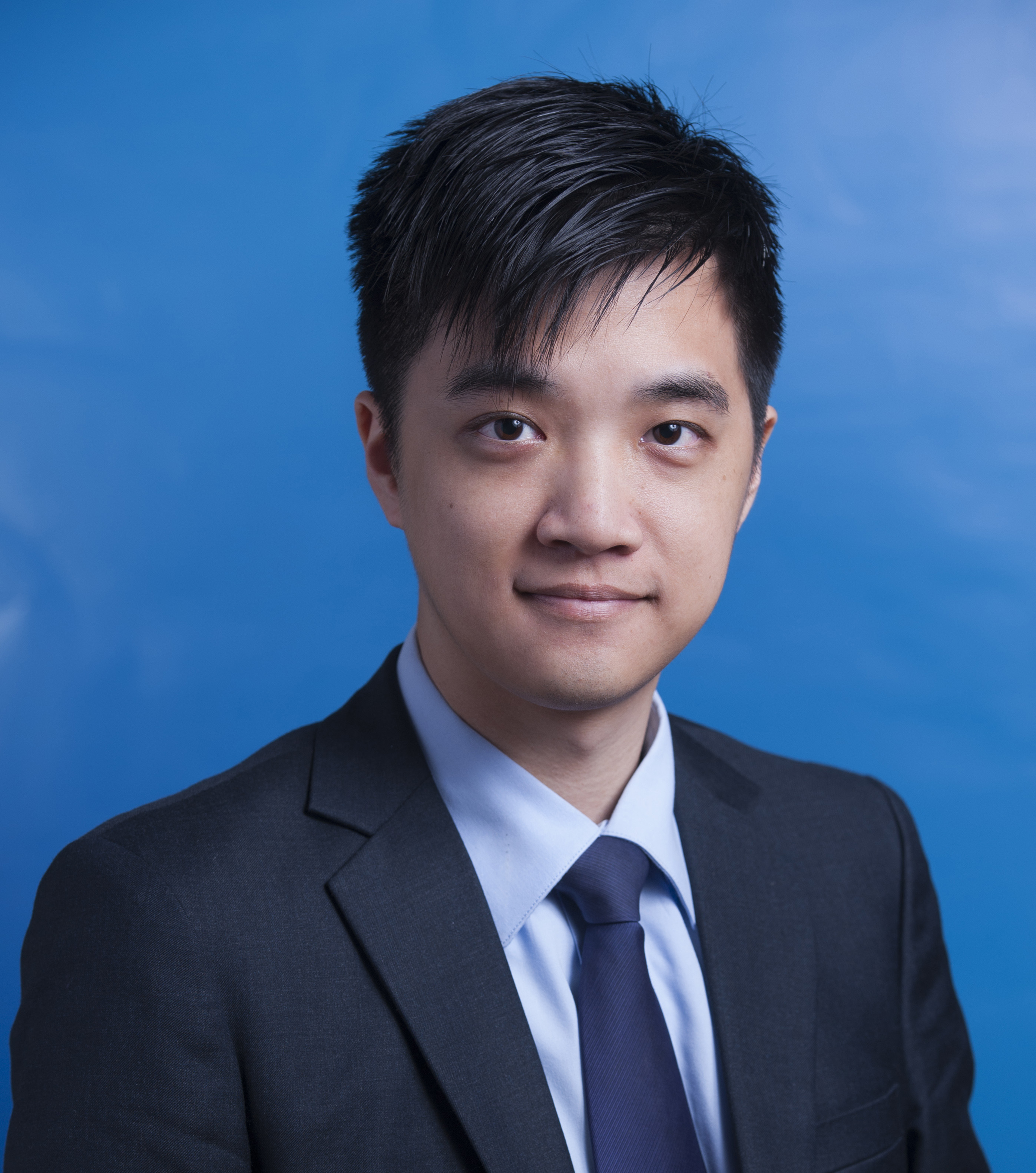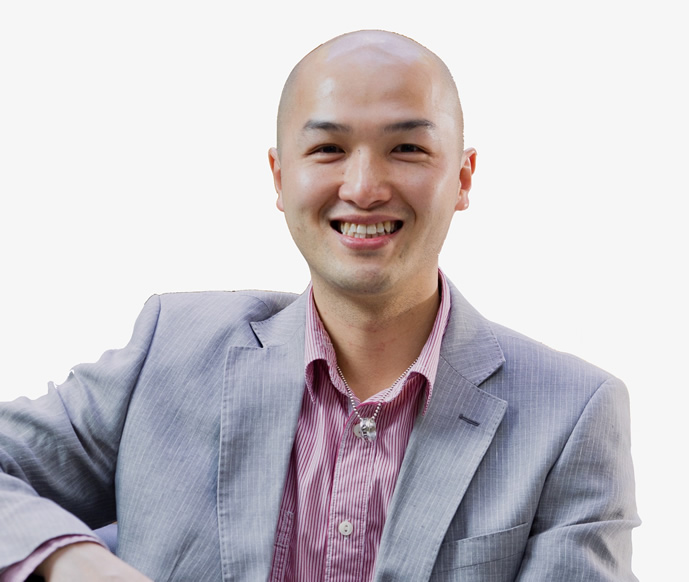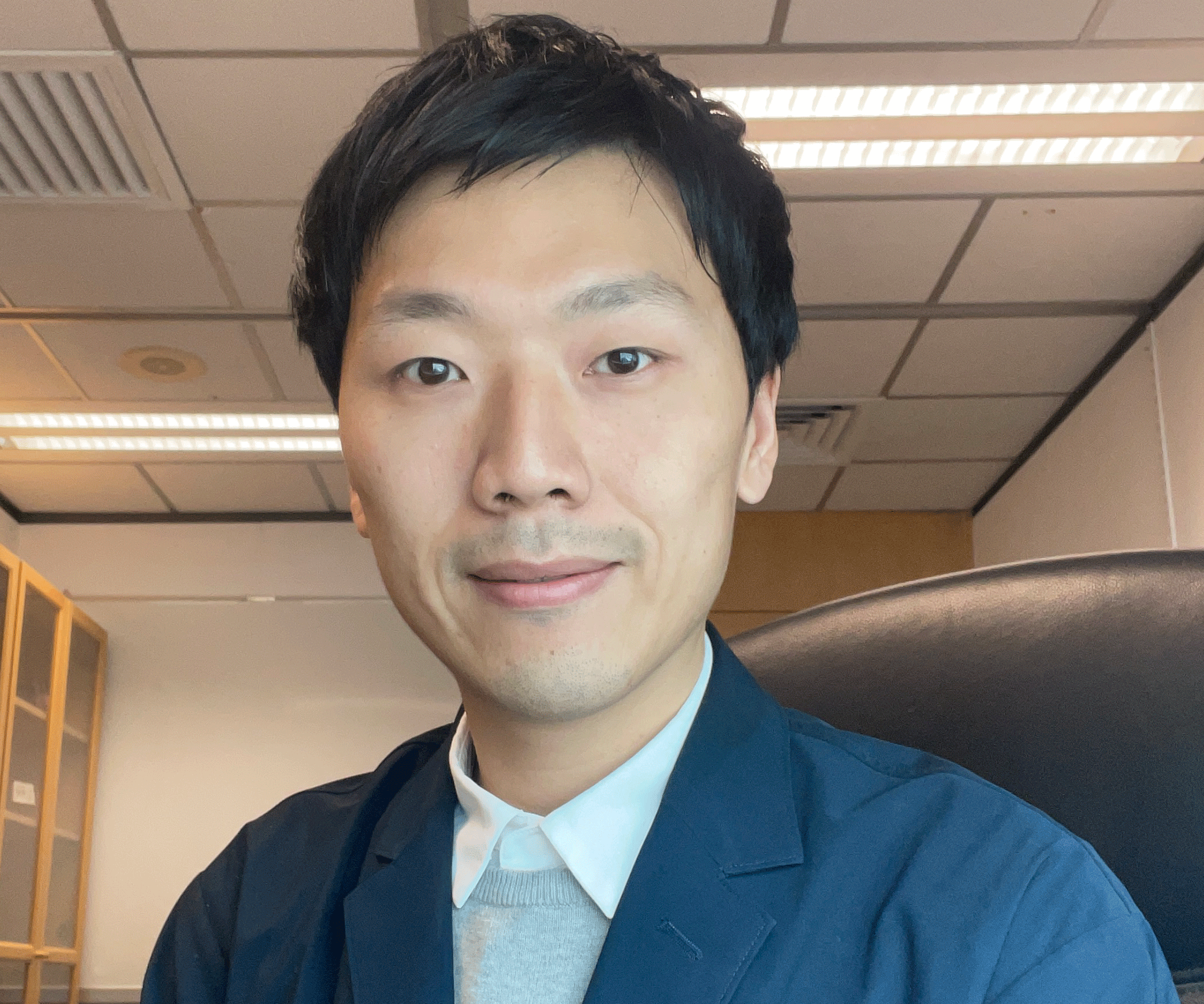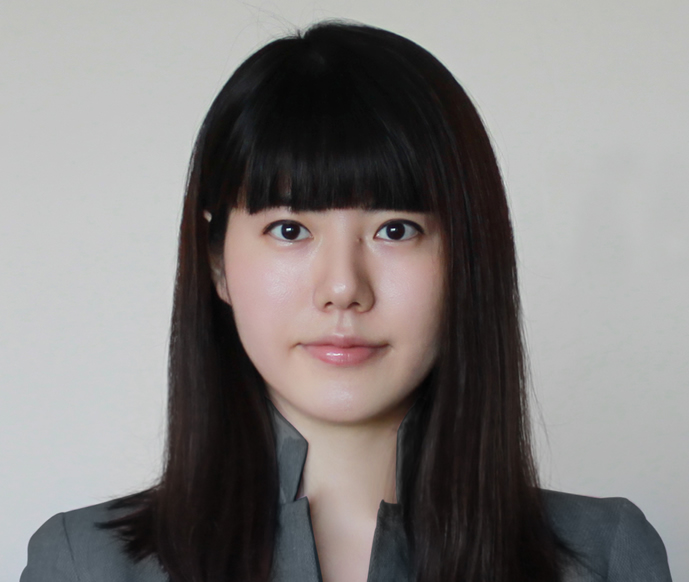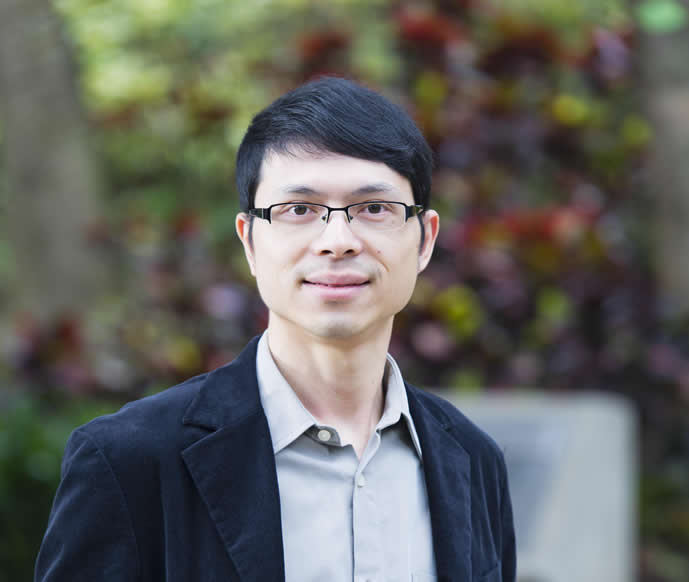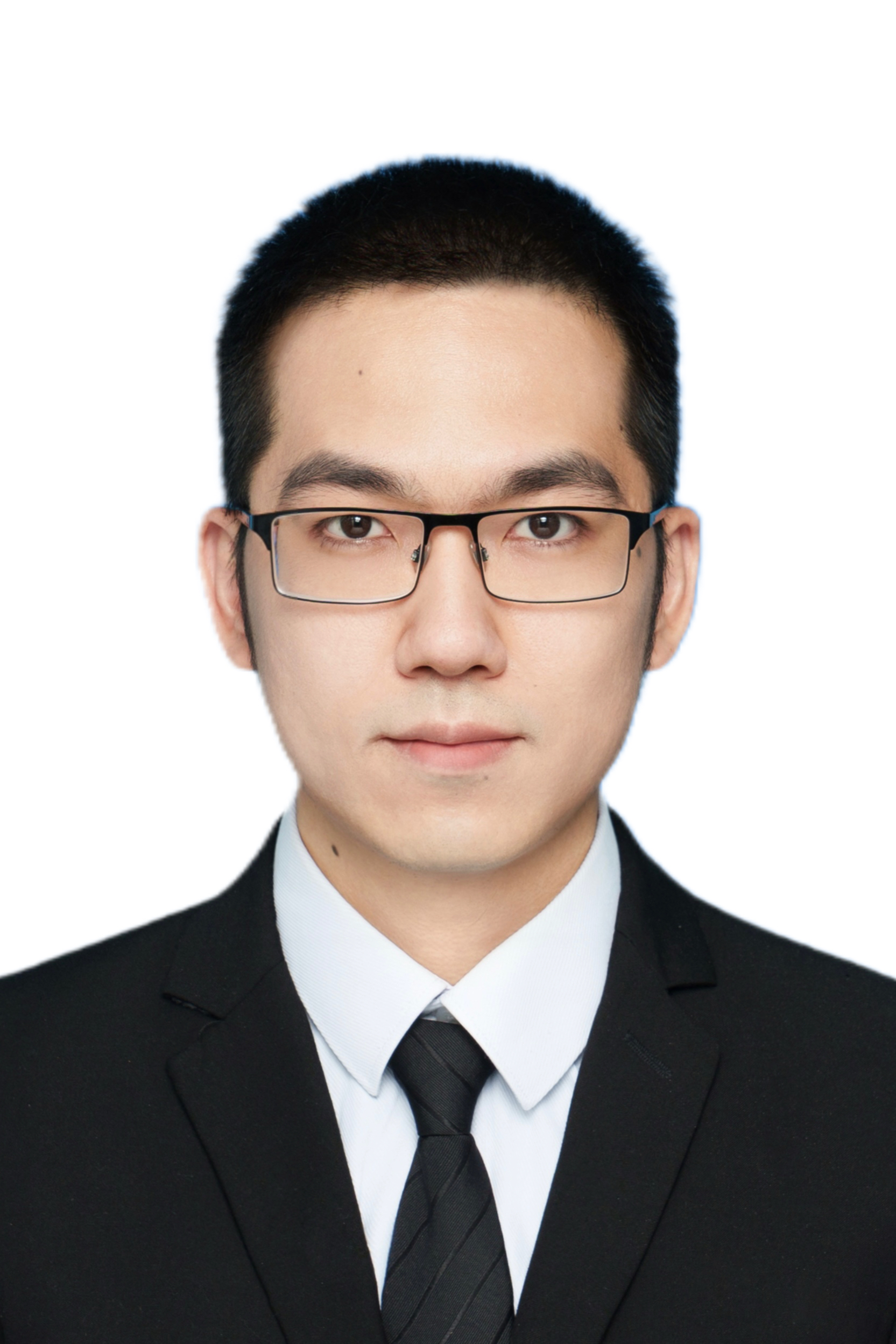MEMBERS OF THE PSYCHOLOGY TEAM
I worked as a Post-Doctoral Fellow in the Faculty of Education (Division of Speech and Hearing Sciences) and the Institute of Human Performance at the University of Hong Kong before joining the Department of Social and Behavioural Sciences at the City University of Hong Kong in 2013. My research interests include 1) Language processing, 2) Speech production, 3) Speech motor learning and control, 4) Stress and speech performance, 5) Visual word recognition, and 6) Communication disorders. I use both behavioral and cognitive neuroscience approaches in my study.
Prof. Nancy Xiaonan Yu is a health psychologist with training in public health. Her research program has focused on resilience in adversities, by examining the resilience process and associated factors at the individual, dyadic, family, and community levels. Her resilience-oriented studies involve chronic illnesses (e.g., HIV, cancer, coronary heart disease), acculturation (e.g., migration, cross-border adjustment), losses (e.g., parental absence, bereavement), challenges (e.g., discrimination and stigma, parenting stress, aging), and crisis (e.g., natural disasasters). In addition, she has applied the community-based participatory research approach to develop and implement culturally sensitive interventions to promote resilience in stressful populations. With strong passion for interdisciplinary research, Prof. Yu has been working closely with researchers and practitioners in social work, public health, data science, and biomedical science.
My research focuses on aging and work, with emphases on emotional well-being of middle-aged workers, and psychological adjustment to retirement.
Prof. Hui-Fang Chen is currently an Associate Professor in the City University of Hong Kong. She obtained a PhD degree from Quantitative Research Methods from the University of Denver and a Master's degree from Department of Psychology in the National Chung Cheng University with a Certificate of Elementary School Teacher from the Education Bureau in Taiwan. Her research mainly focuses on survey design and response behaviors in survey questionnaires as well as child development. Her research work includes psychometrics, Rasch analysis, item response theory and applied measurement in education, psychology and medicine.
Creativity has been a fascinating research topic for me as it often opens up new opportunities for interdisciplinary as well as cross cultural study.
Prof. Anna Hui is currently an associate professor and also the coordinator of the BDSS First Year Experience at the Department of Social and Behavioural Sciences, City University of Hong Kong. Research interests include creativity and innovation; motivation and self-regulation, gifted and creativity education, lifespan development in creativity. She also servesd as the Chairperson of the Ad Hoc Committee of Reviewing the Curriculum Guide of Early Childhood Education, Curriculum Development Council of the Education Bureau, HKSAR.
I received my PhD in Experimental Psychology from the University of Oxford. My research interests are in social cognition, focusing on the impact of social factors (social experiences, culture, etc.) on information processing, as well as the underlying mechanisms of information processing. I use a viariety of research methods such as behavioural, EEG, and surveys.
Prof. Julian Lai obtained his Bachelor's degree in psychology from the University of Toronto. He joined the City University of Hong Kong to start his research career after graduating from the University of Hong Kong with a Ph.D. in psychoneuroimmunology. In addition to research on the psychophysiology of stress, he also engaged in research on topics associated with personality and social psychology, health psychology, and environmental psychology. One of Prof. Lai's major contributions is the adoption of salivary cortisol as a biomarker to examine the health impact of personal and interpersonal characteristics in Chinese populations. He is also one of the few scholars who pioneered research on the psychosocial determinants of pro-environmental behavior in the Chinese people. His major publications appear primarily in international journals in psychology. Prof. Lai has been serving as an expert reviewer for a number of prestigious journals in psychology and related disciplines. He was the Editor of the official journal of the Hong Kong Psychological Society (2009-2012) and is a former president of the Hong Kong Psychological Society (2004-2005). He has been an honorary research fellow of the Center on Behavioral Health of the University of Hong Kong.
Prof. Lai also has extensive experience in teaching and program planning, especially in taught postgraduate programs. He served as the program leader of the Postgraduate Diploma in Psychology for a number of years and was in charge of converting the program to the MSocSc in Applied Psychology in 2009. He has been serving as the program leader of the master program since then. Prof. Lai's teaching expertise concentrates in areas such as biological psychology, behavioral neuroscience, neuropsychology, cognitive psychology, and social psychology (e.g., the interaction between the social environment and psychological processes in determining risk perception). He has also served as the external examiner of various courses and programs offered by other universities in Hong Kong.
Gilbert Lau received his MSSc in Applied Psychology at CityUHK and BMath in Financial Analysis & Risk Management at University of Waterloo. Prior to joining CityUHK, Gilbert was a research fellow at the Centre for Child Development at Hong Kong Baptist University (HKBU), where he facilitated numerous research projects on children with special education needs, such as autism spectrum disorder and intellectual disability. Gilbert was also a part-time lecturer for several research courses in the nursing division of the School of Continuing Education at HKBU.
Kin-Kit (Ben) Li joined the Department of Social and Behavioural Sciences (formerly Department of Applied Social Studies) at City University of Hong Kong since 2009. He received his Ph.D. in sport and exercise psychology from Oregon State University in 2008. His research interests include sport and exercise psychology, physical activity promotion, vaccination, social gerontology, health communication, time perspective, and life-course theories.
I am a registered clinical psychologist in Hong Kong, Australia and the United Kingdom with my PhD training completed in the University of Hong Kong. My research and clinical interests are mostly concerned with the effects and mechanisms of sleep and circadian rhythm on daytime functions, including mental health wellbeing, social-cognitive-affective functions and behavioural outcomes. I primarily work with young people and focus on issues affecting youth wellbeing, including adjustment with life changes, identity and diversity, body image and self-evaluation, and neurocognitive development.
I conduct experimental and longitudinal observational studies to assess the directional relationship between sleep and circadian rhythm with daytime functions and wellbeing issues. My recent projects looked into the factors (e.g. healthy sleep pattern, exercise and physical activity, body image concern, sexual diversity) affecting healthy cognitive and emotional development in youth.
Prof. Wang is a social psychologist, focusing on three broad research themes: 1) Objectification and Dehumanization; 2) Immoral Behaviour, Aggression, and Self-Interested Behaviour; 3) Inequality, Social Power, Social Dominance, and Hierarchy.
She uses a combination of methods, including laboratory and online experiments (e.g., face-perception, economic games, and behavioural paradigms), quasi-experiments/ special sample studies, surveys, and using ecological and archival data (e.g., Google Ngram).
Sam Ye obtained his PhD from The University of Hong Kong. Before joining City University of Hong Kong, he was a Post-doctoral Fellow in The Chinese University of Hong Kong. His research interests include human values, social beliefs, positive psychology, and psychometrics.
I obtained a PhD degree in Psychology at the University of Birmingham in the United Kingdom and an MPhil degree in Psychology at the Chinese University of Hong Kong, with a research focus on the processing and measurement of theory of mind in adults. I have also been involved in research on social and cognitive development during early and middle childhood, as well as STEM education in Hong Kong.
I received my Ph.D. degree in Psychology from Dept. of Psychology at National University of Singapore. My research spans several areas in psychology and cognitive neuroscience, focusing on decision-making and social reasoning in different populations. I use model-based neuroimaging (e.g., fMRI/EEG) and paradigms from behavioral economics to better understand the neurocomputational bases of human decision-making in social contexts.
I earned my Ph.D. in Social Psychology from the University of Texas at Dallas in 2023. Before joining CityU in April 2025, I was a postdoctoral research associate at the Institute on Aging at the University of Wisconsin–Madison, where I contributed to the Affective Neuroscience Project of the Midlife in the United States (MIDUS) longitudinal study. My research employs a multi-method approach to examine how sociocultural factors shape emotional well-being. My overarching goal is to understand the mechanisms through which emotional well-being contributes to long-term health across diverse cultural and environmental contexts.

